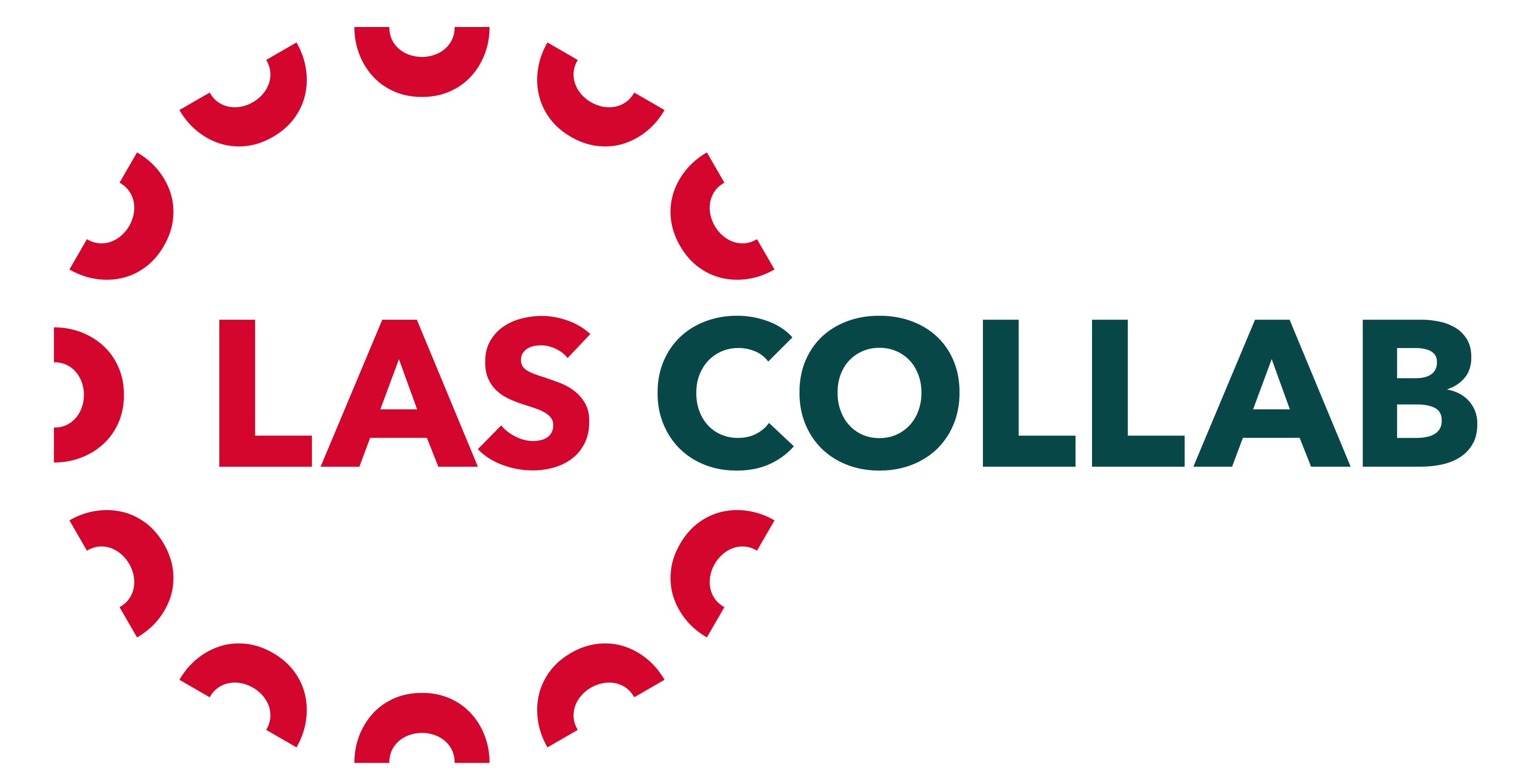OSUN’s Liberal Arts and Sciences Collaborative recently sponsored a talk by Samuel Abraham, rector of the Bratislava International School of Liberal Arts, examining critical challenges to liberal arts and sciences (LAS) education and the ways LAS supporters might tackle those obstacles. Trends such as the rise in prominence of global ranking systems, the devaluation of teaching, and the propensity for undergraduate specialization were among the key issues Abraham unpacked as he discussed shifting views on the purpose of undergraduate liberal arts education.
Abraham, co-founder of the European Consortium of Liberal Arts and Sciences (ECOLAS), which fosters best practices for sustaining the teaching of LAS education, said “Education seems like it is always in crisis. Even in good times, there is always something that is a problem, either finances or outside politics or internal politics. And the university itself is in crisis because it’s a rather conservative institution…It wants to keep the structure the same as it was before.”
Global Rankings and their Fallout
Abraham used the Shanghai Ranking System as an example to demonstrate the problems caused by an over-emphasis on global rankings. With this system, he argued, the instant gratification of university rankings has led to an obsession with university status, which may have links to an institution’s access to funds and resources.
Abraham pointed out that global rankings focus on everything but the quality of teaching, thereby de-emphasizing the learning experience of undergraduate students. In competition for greater status through global rankings, universities are incentivized to focus on conducting research, publishing articles, and attending conferences, for example, all at the expense of investing in how they teach their undergraduates.
Expansion and Specialization
Abraham said the status of the bachelor’s degree faces two other obstacles. First, while the expansion of undergraduate education has led to higher learning becoming much more accessible, it has also resulted in many more undergraduate students in the classroom. As the size of the undergraduate student body has increased, university capacity has largely been unable to expand proportionally. Consequently, the undergraduate classroom too often morphs into a large lecture room where hundreds of students receive one-way instruction from a professor. The undergraduate educational experience then becomes much more passive, even if the quality of lectures themselves may be quite high.
Second, specialization in undergraduate studies has led to more and more learners focusing on a single discipline from their first days on campus. This affords a narrower subject learning experience and has de-emphasized multidisciplinary study. This may partly be attributed to the belief that academic specialization generally begets better employment immediately after graduation, as compared to LAS education.
“In my anecdotal estimates, I do not think there are more than ten percent of students in the whole of Europe who study in interdisciplinary liberal arts studies,” said Abraham.
Emphasizing Benefits
To address these issues, Abraham suggested establishing a ranking system that emphasizes the benefits of the undergraduate learning experience, with perhaps average class size and the merit of each bachelor’s degree as indicators of value. He turned to the concern of students using generative AI to falsify term papers and how that could indirectly benefit the LAS undergraduate learning experience. Abraham said faculty may soon have no choice but to radically adjust how they deliver and assess their courses, which might enhance the undergraduate learning experience by making it more personal and more active.
Abraham said the issues facing undergraduate education highlight a larger structural problem around several questions: what is undergraduate education for? Does undergraduate education exist solely as a bridge to employment after graduation, or does it exist to cultivate civic values towards facing the present and future problems of society? The latter view perceives undergraduate education as a mixture of moral and cognitive knowledge acquisition, but the trend we face today might be one where undergraduate education is losing its emphasis on values and moral knowledge, particularly due to the increase in specialization.
“The university should be the place where undergraduate students are able to voice any view that she or he has because this is the time of acquiring those soft skills and the values and moral knowledge that will then guide them in the future,” concluded Abraham.
“There is, at least in the West, a need to raise awareness about LAS education and strengthen the identity of what LAS practitioners are and what they do,” said Samuel. In short, the benefits of LAS education must be made clearer to the general public, he suggested.

